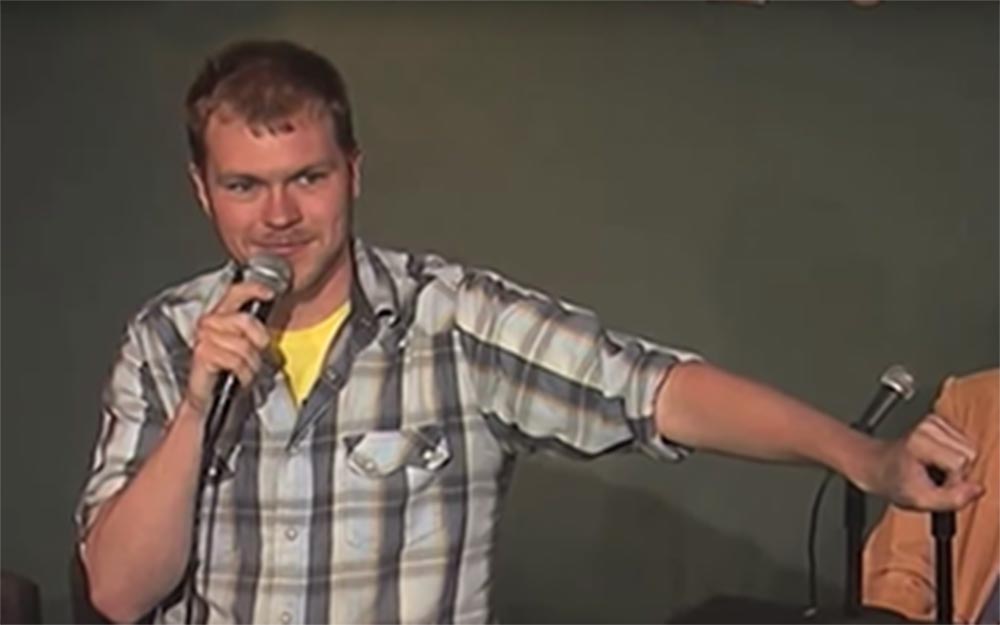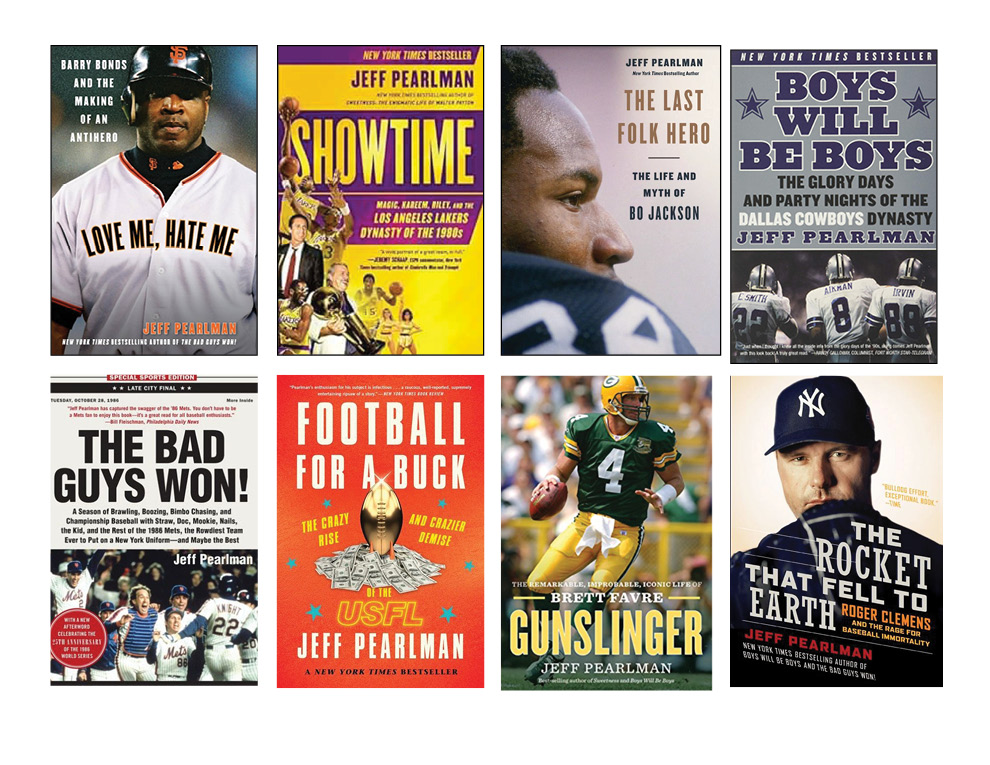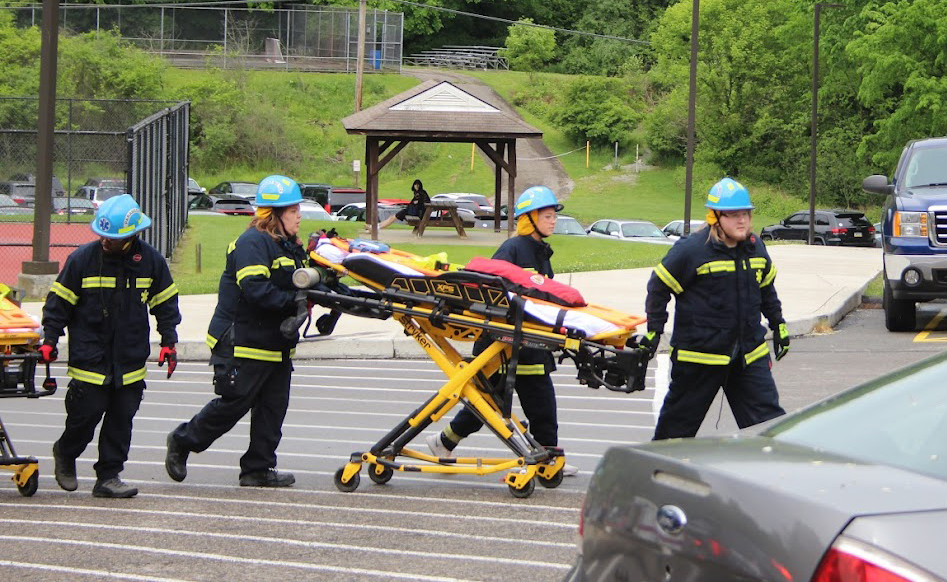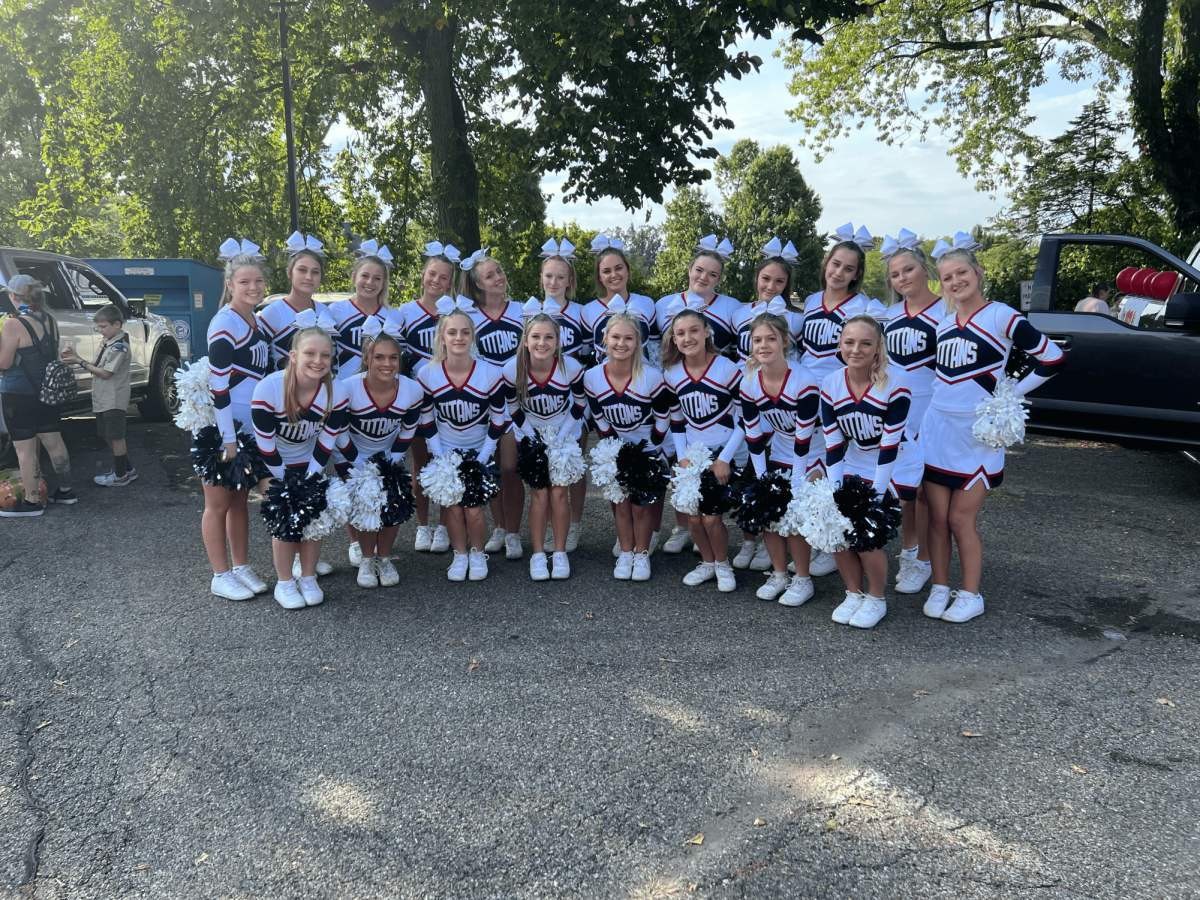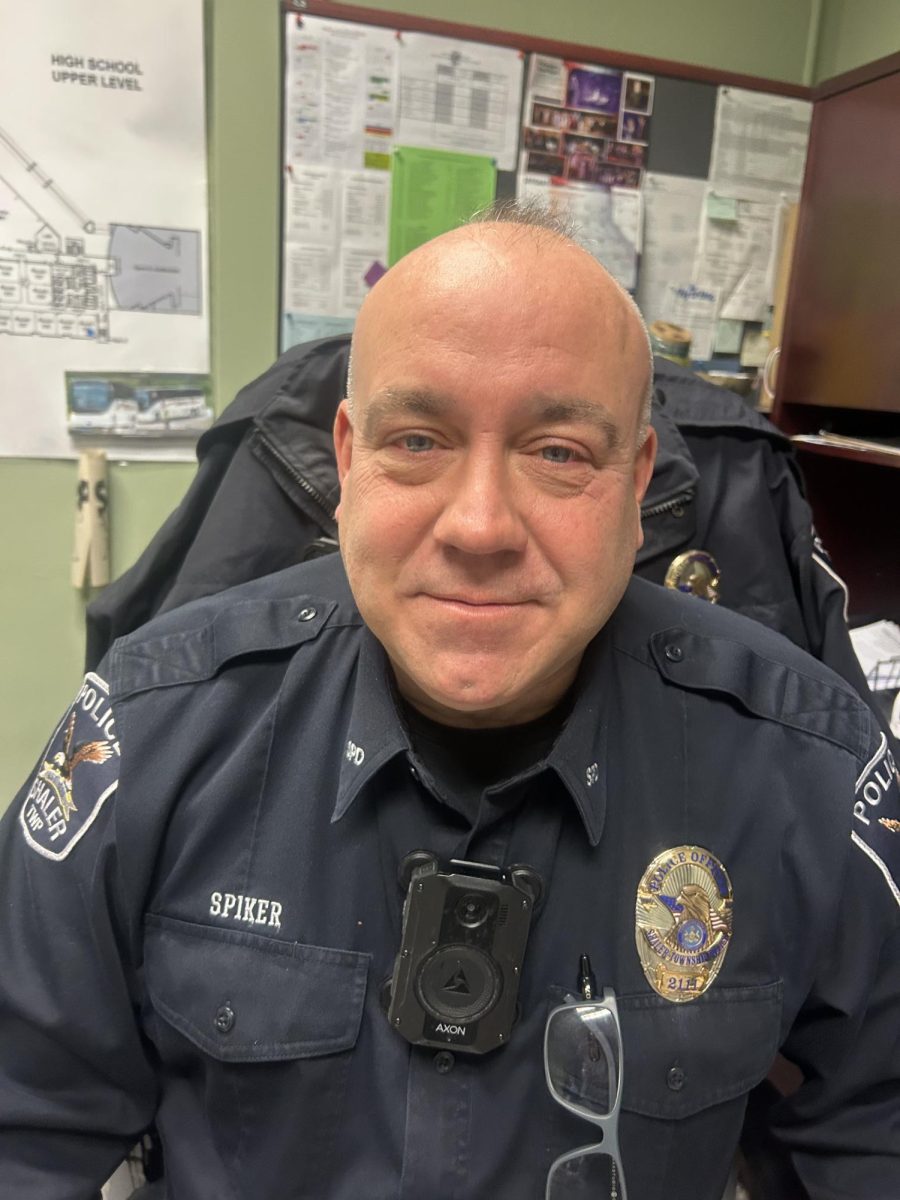Can you imagine life as an actor, comedian, and radio host, living out your passions and never quite knowing what is coming next? Well, that is the life of Kenny Zimlinghaus: multimedia extraordinaire. His various escapades throughout entertainment have allowed him to succeed in a competitive industry.
Entering the media industry is a challenge. Those willing to bet on themselves must take risks and not fear rejection. Fortunately for Zimlinghaus, he received a golden opportunity, interning at the Howard Stern Show in 2000.
“When I was looking for internships, I knew that everyone is going to apply for the big ones. If I ever needed to send my resume out for an internship, I sent it to every single person, not just the internship coordinator because I’m trying to set myself apart,” Zimlinghaus said. “I thought to myself, ‘Why not me?’, and although the interview went terribly, in my opinion, I got the position because everyone knew who I was.”
Zimlinghaus used this strategy to receive later internships with Philip Glass and to acquire a job with Sirius XM. However, before receiving the internship, Zimlinghaus had been performing standup for two years.
It takes courage to go into stand-up-comedy. After all, comedians rely on a crowd of people to think that they are funny, and if something goes wrong, they have to be able to manage the audience while still drawing laughter.
“Comedy is crowd control, in my opinion. With a large stadium or a small crowd, there are techniques to manage the crowd. With delivery, I might project more to a large crowd and use more of the stage to move around,” Zimlinghaus said. “Live performance is beyond the material. It’s really about keeping everybody in their chairs and how you can minimize the distractions the entire time.”
Building on his comedic routines he started in 1998, Zimlinghaus incorporates a refined sense of humor and candor into everything he does. In fact, that was part of the reason why he could intern with Howard Stern, and that internship helped jump start his career in radio.
Coming out of the Howard Stern internship, Zimlinghaus wanted to be an independent radio artist. His first two jobs were hosting gigs at indie rock stations.
After leaving a radio station in Charleston, South Carolina in 2007, he hosted a national morning show on SiriusXM. Yet, being on corporate radio had its drawbacks. For starters, Zimlinghaus could not be completely genuine to his audience.
“Ultimately, you weren’t you. I was just a cog in this factory of entertainment. I’ve recently started getting into podcasting, and in that you can say whatever you want,” Zimlinghaus said. “But, at any of my radio jobs, you were held accountable by either the FCC, my bosses, or any brand that concerned the station.”
Regardless, he fervently enjoyed his time on the radio, especially when he would receive passionate phone calls that captivated his audience. Oftentimes, the best callers on the show, according to Zimlinghaus, are people angry about a specific topic, often making for great entertainment on a radio show.
“It gets really good when you get somebody that is super emotional and has a weird take on something or a weird voice,” Zimlinghaus said.
Along with hosting a radio show, starting in 2014, Zimlinghaus ventured into acting in independent films. Imagine all of the work that goes into making a movie. Now, imagine all of that work, but there is only a fraction of the people to put it together compared to any of the major film companies.
“On every movie I’ve worked on, there’s a skeleton crew that has to make a 90 minute production in two weeks with no money at all. You have to pull the most out of people you don’t know,” Zimlinghaus said. “The biggest challenge I think is getting everybody to believe in the movie enough so that they’re willing to work 12 hour days for you.”
As Zimlinghaus was acting in movies and touring the country, he got into writing music. One of his most successful songs is called Whistlin’ and involved him whistling in a song humorizing whistling.
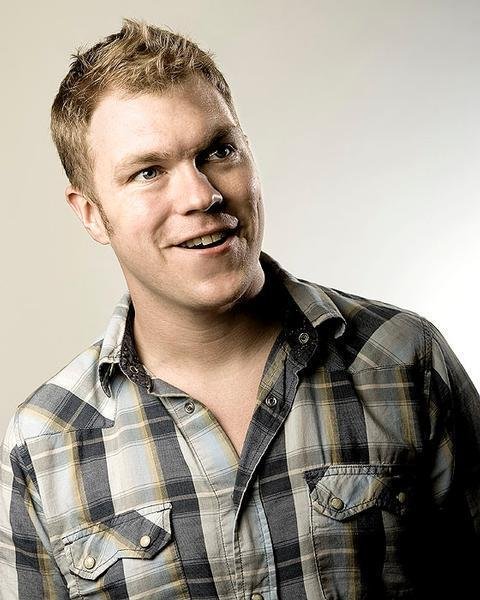
“This guy who directed one of the movies I was in heard me whistling one day, and he wanted me to whistle a solo in his rap. I was on SiriusXM at the time, so I wrote the song,” Zimlinghaus said. “He put it together, and then he came on the morning show and we put out the song and we said we’ll donate the money it raises to charity. It sold over 50,000 copies in two hours from just the audience of the radio show and we donated $11,000 to charity.”
Zimlinghaus also established a national presence, touring the country performing stand-up comedy beginning in 2010. After convincing his family that he could do this, he went all in on it.
“I would drive 20 hours to perform and do six shows a weekend. I really was addicted to this drive performance. The road was hard and lacked sleep, but it was a lot of fun,” Zimlinghaus said.
Zimlinghaus has had to perform through tough circumstances in his stand-up career: he had to perform on September 12th, 2001, a spectator had a seizure during his show, and another time a massive fight broke out.
People regularly are belligerent toward comedians, but he was scheduled to perform alongside other comedians during this particular show. People in the crowd were fighting each other and caused a delay.
“So, the night of this huge fight, they go to bring up this little white guy by the name of E.J. Murphy, who called himself that because his actual name was Eddie. He didn’t want people to think that he was Eddie Murphy. The host didn’t know him, so he said, ‘Please give it up for Eddie Murphy.’ The crowd went absolutely bananas. That was probably the worst show [to perform at] because they were pissed.”
In various occupations, Zimlinghaus has sought to entertain the world through laughter, and he has proven that you do not have to be a superstar comedian to find a niche and create your own path to success in the media industry. You have to work.
Zimlinghaus is currently a professor at Robert Morris University where he inspires his students to pursue their dreams by sharing his experiences.
“I just kept on pushing and pushing and pushing because I believed that I was good enough. I believed in myself. If I was put in front of a microphone for one show, I’d make it count,” Zimlinghaus said. “So, don’t worry about all the times people say no. Take advantage of the time they say yes.”


